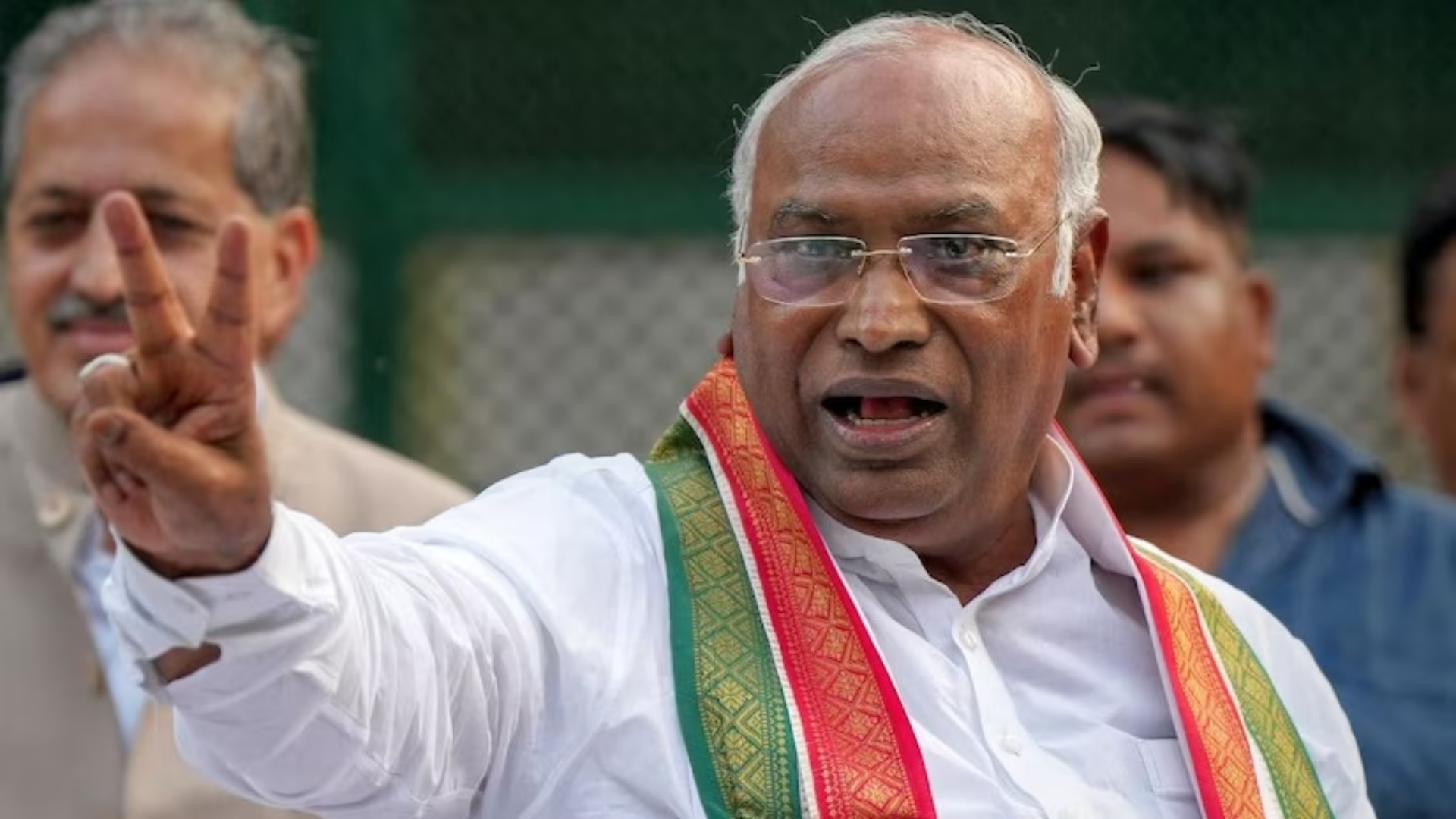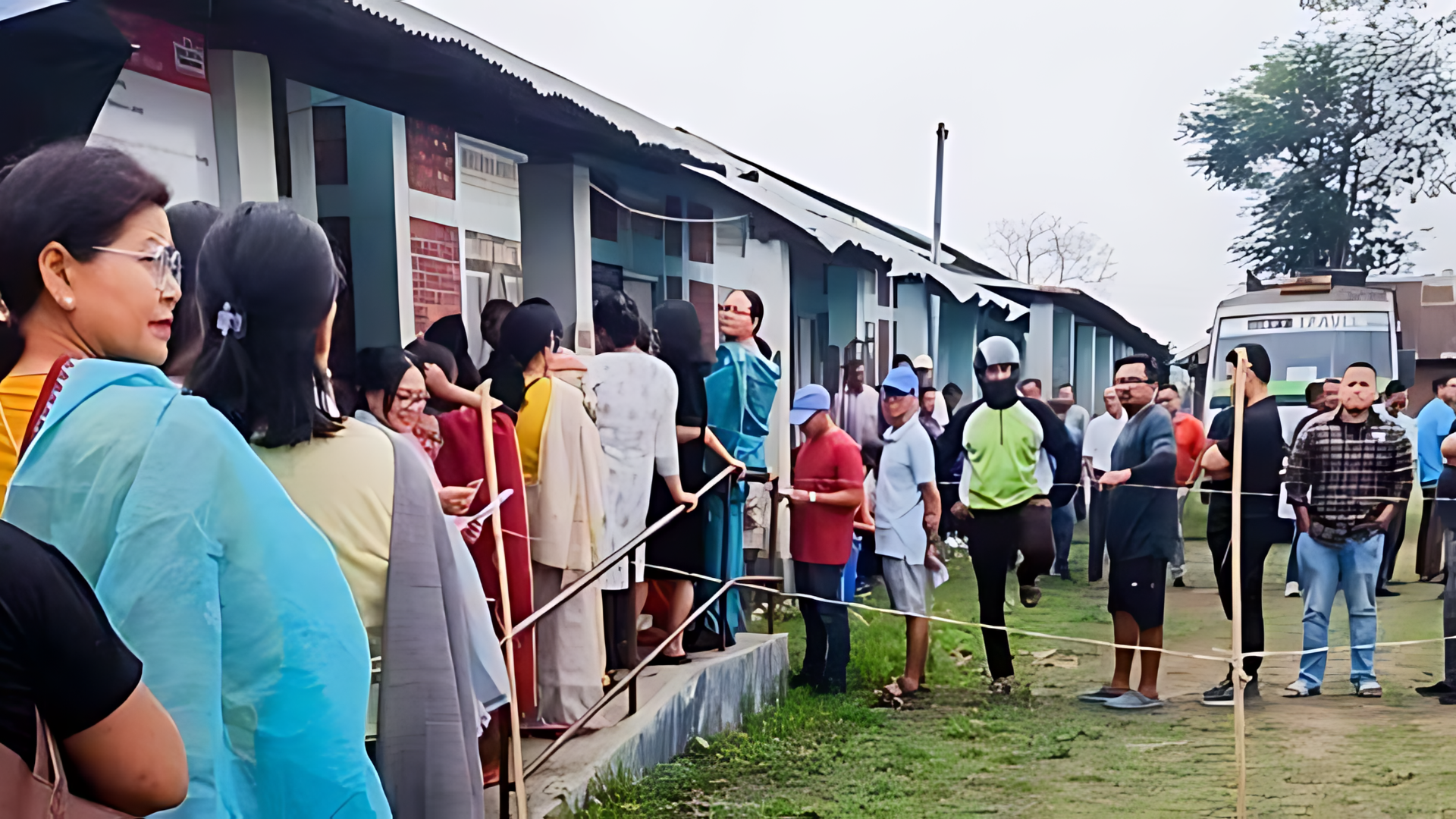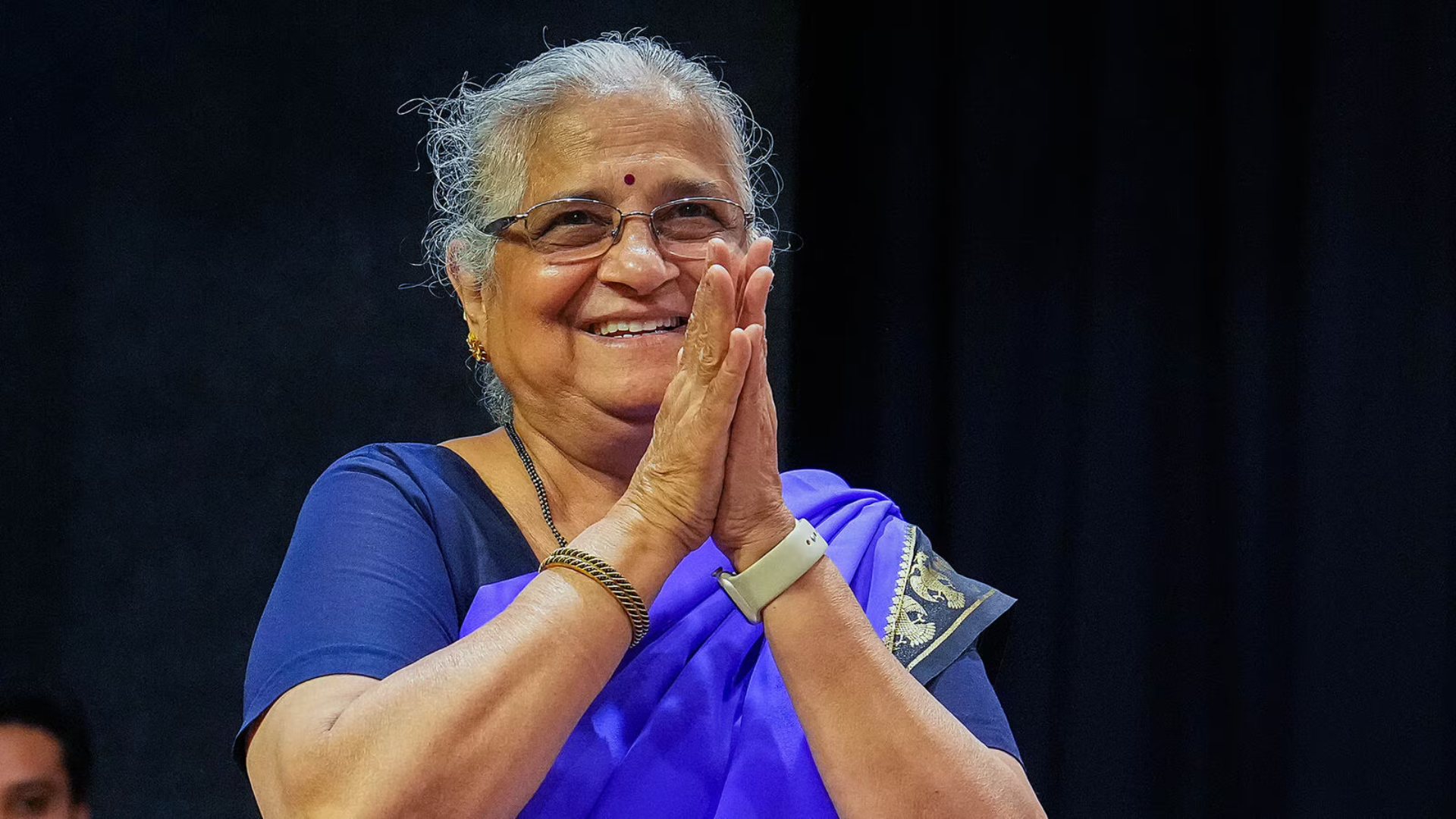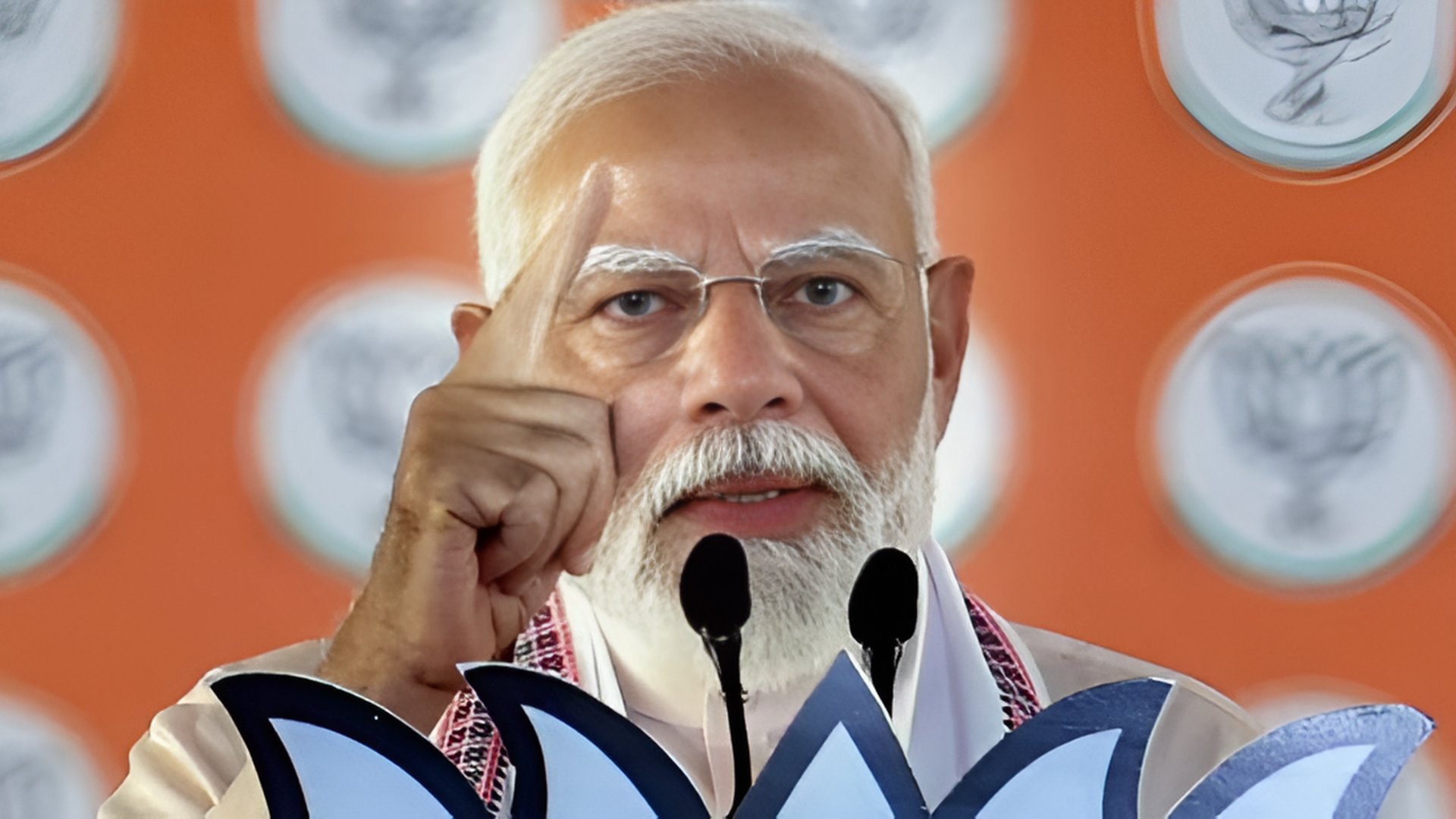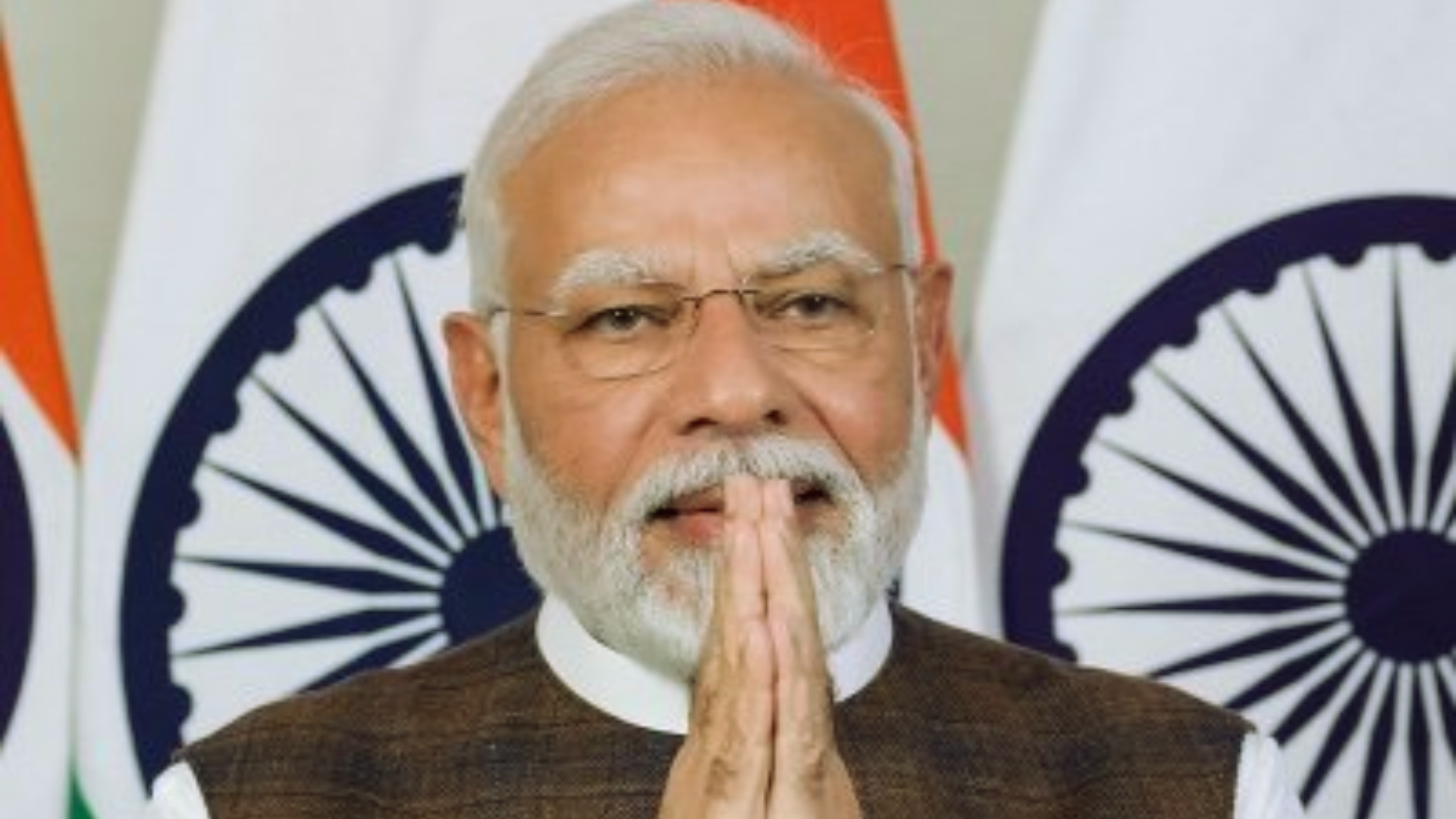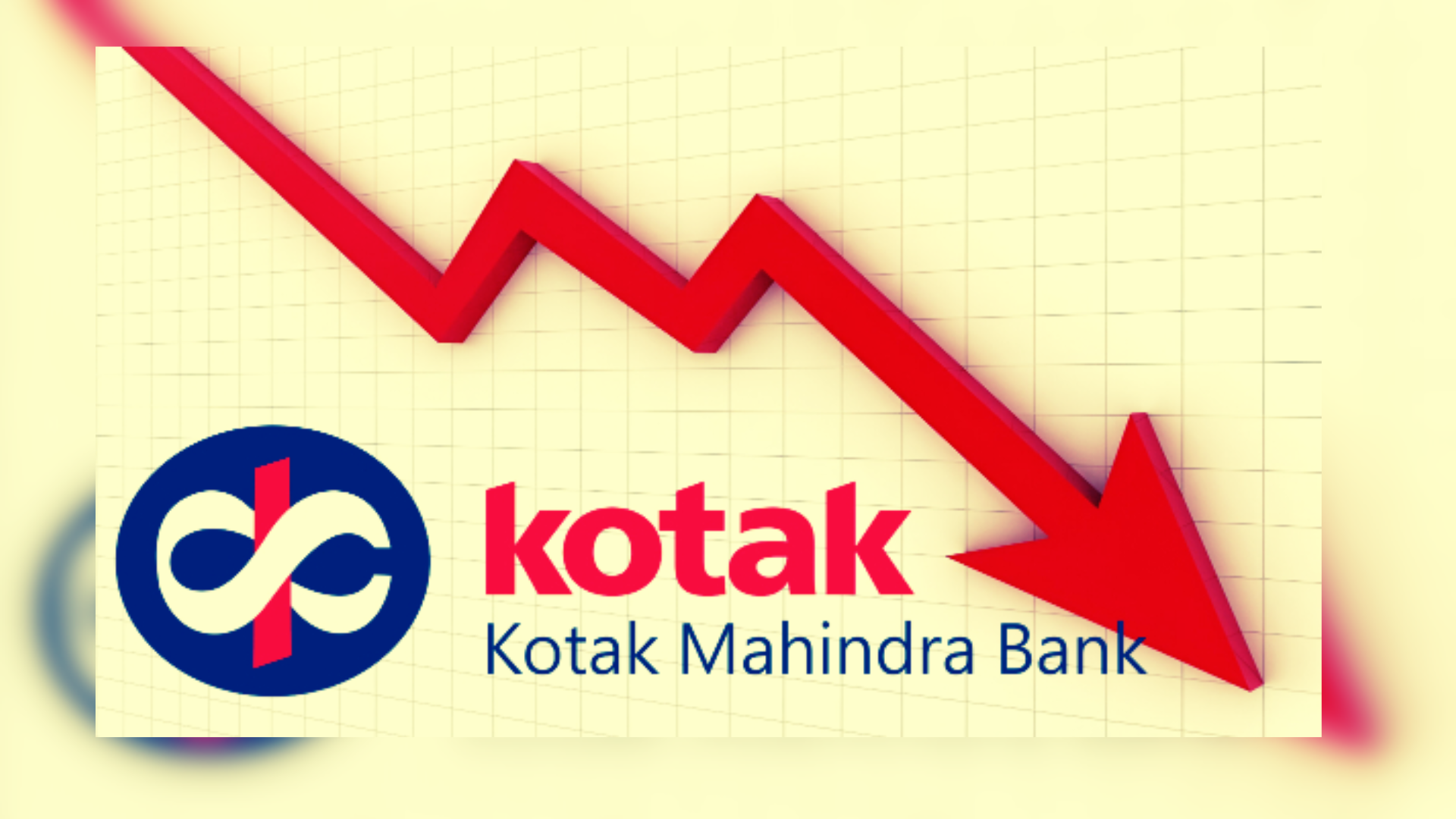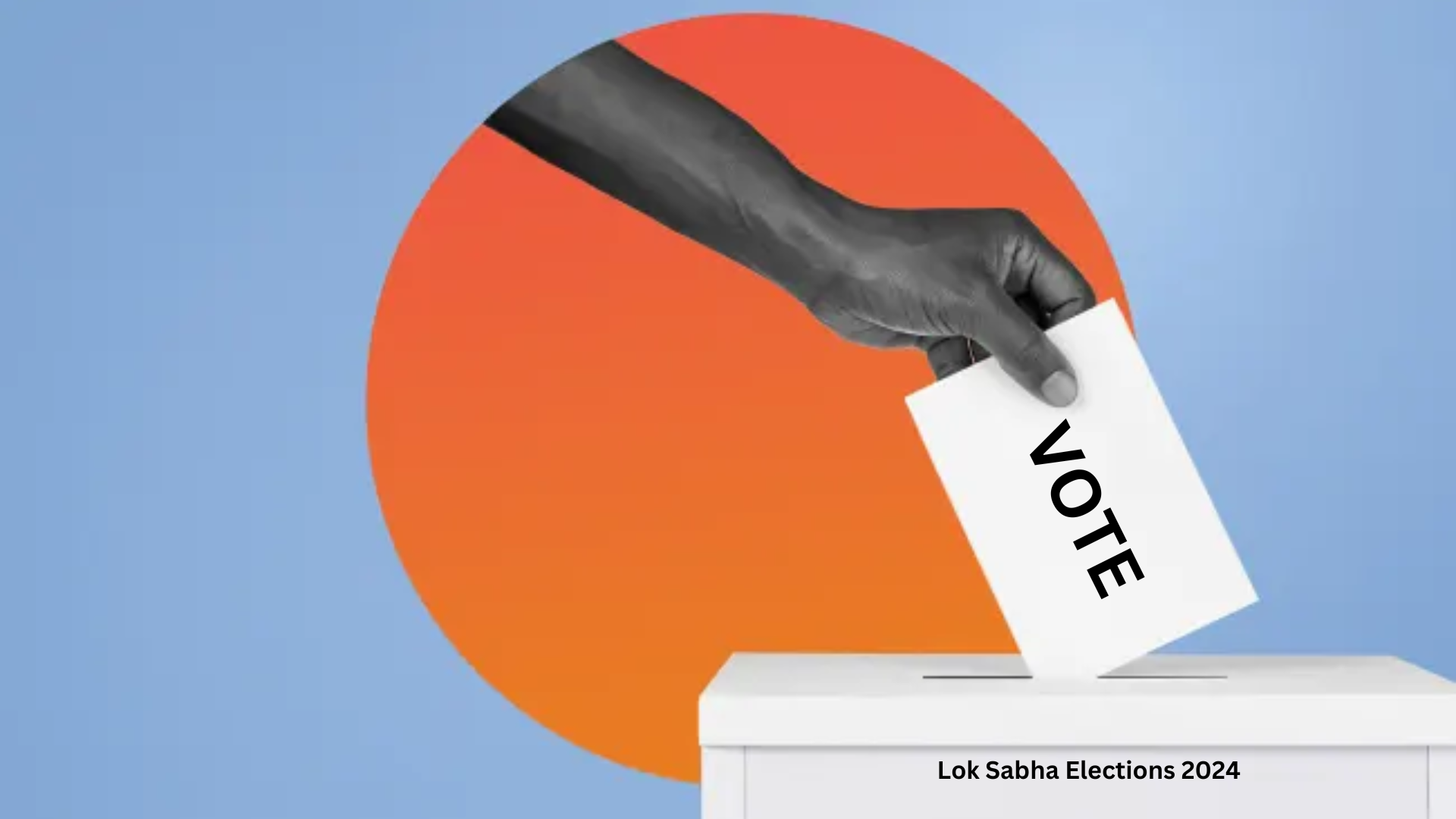


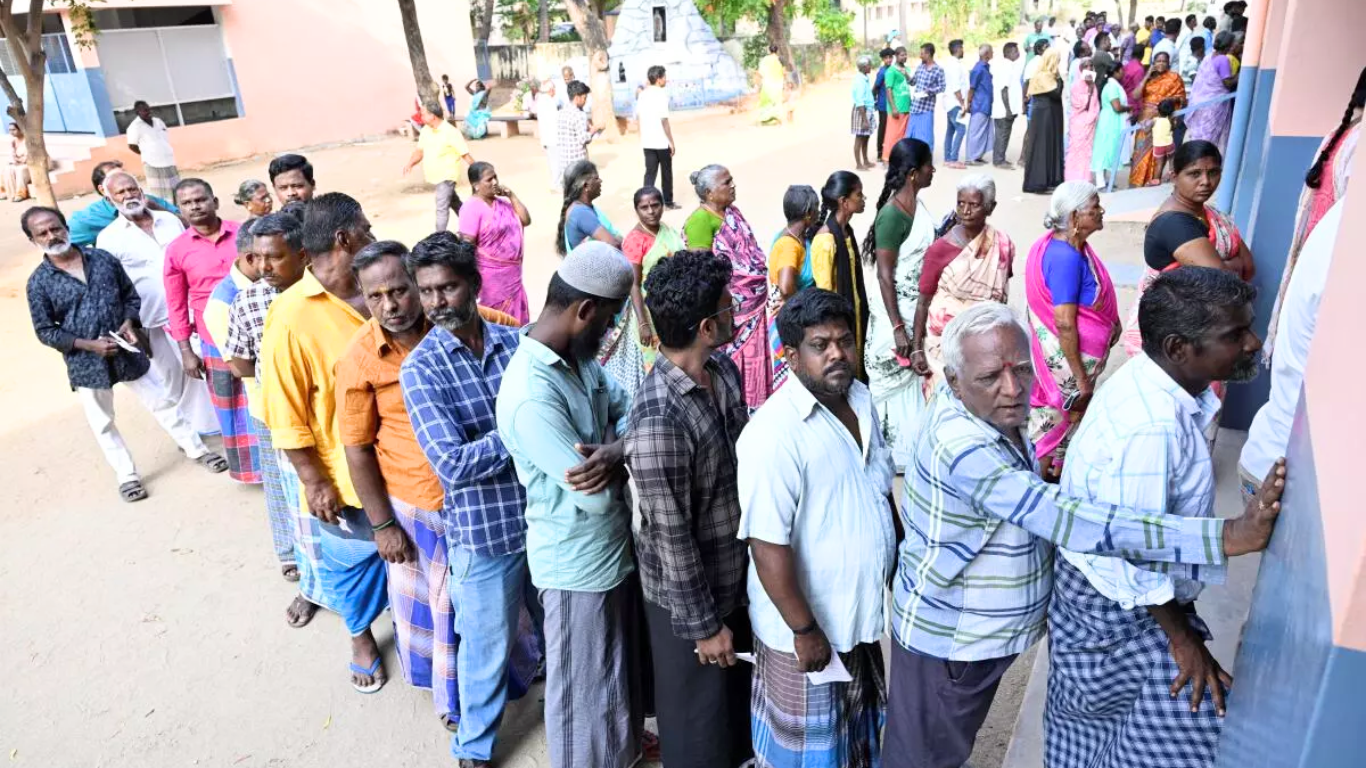



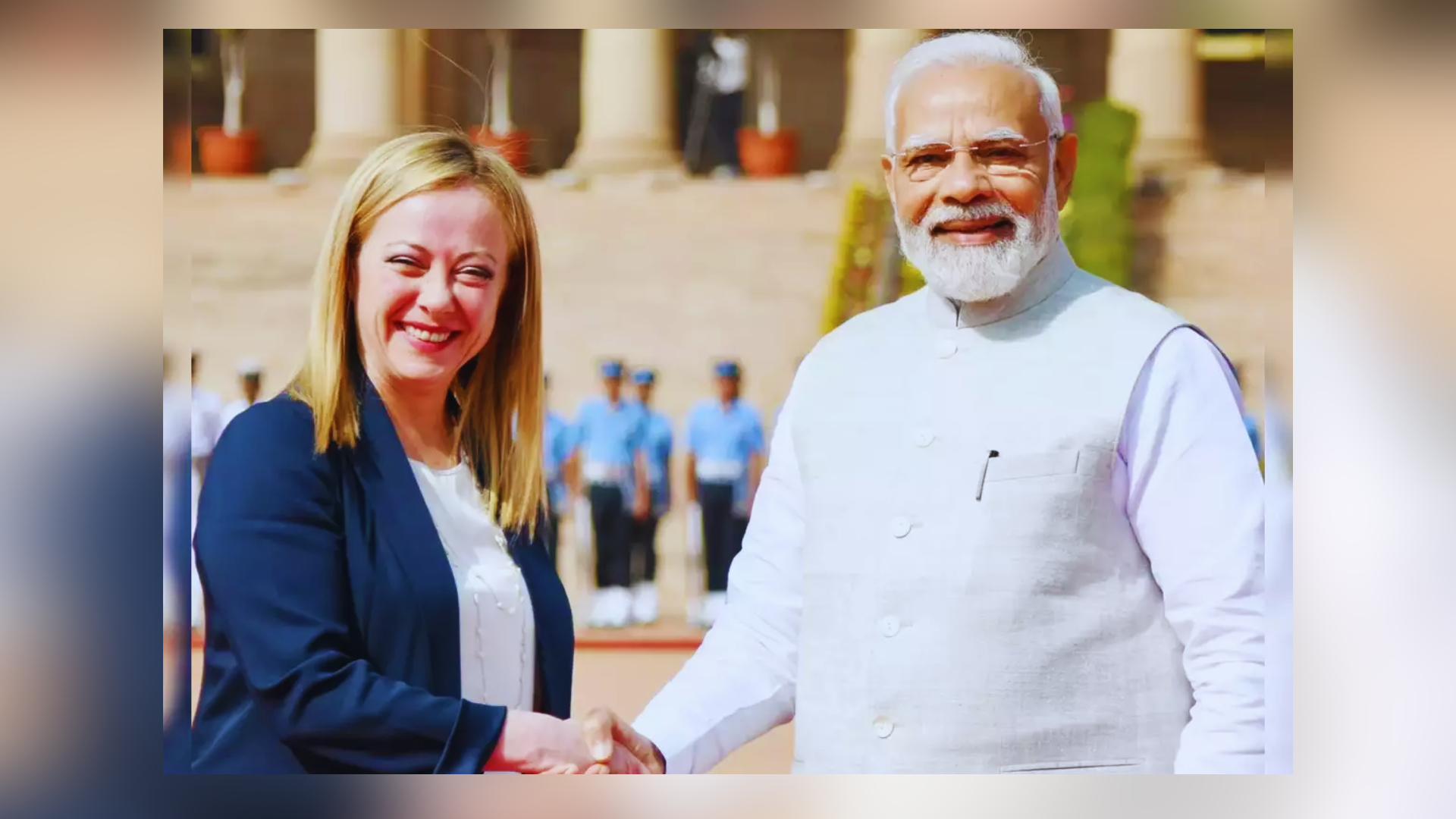


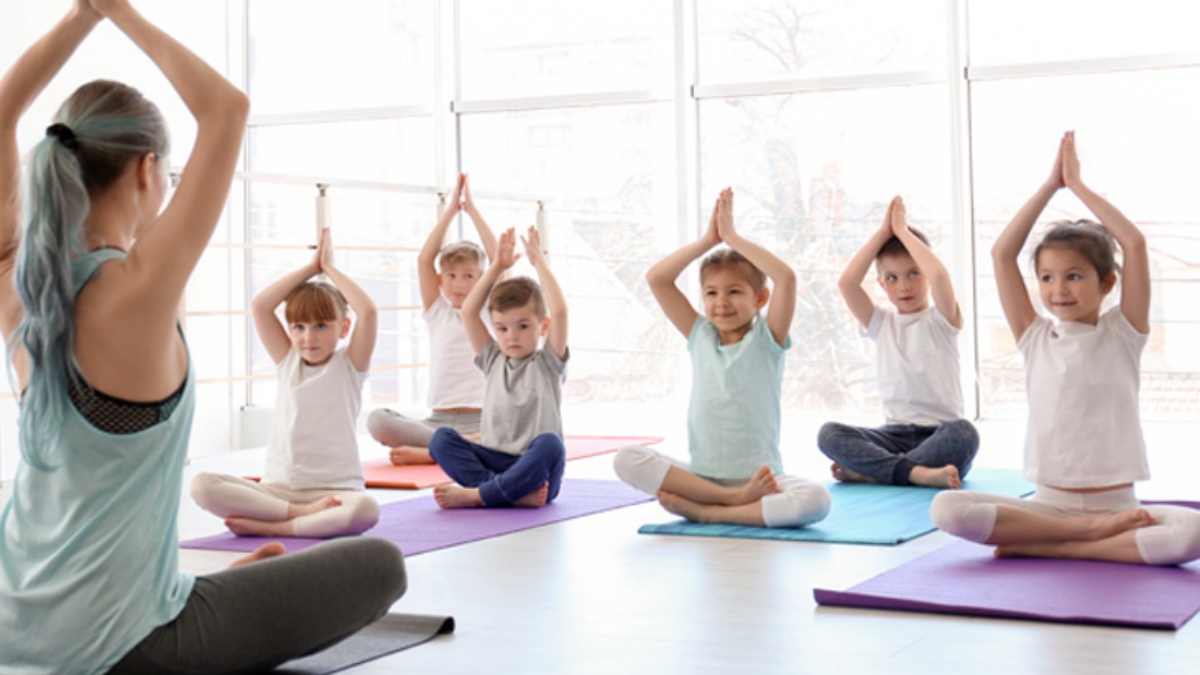
On the topic of foreign affairs, the ongoing coronavirus pandemic has lifted the significance of ‘soft power’: the ability to convince or persuade another party through persuasion and possibly calling upon old favours. India established soft power strongholds in dozens of countries through the vaccines sent to them, sometimes free of any costs. Now that the opportunity of vaccine aid has been exhausted due to an unprecedented second wave in India itself, another tools for diplomacy has emerged: Yoga.
The Asanas (postures) and meditation hymns of Yoga are meant to manifest a connection between the body and soul, the inner-being and the external, the known and the spiritual. There are plenty of health benefits, both mental and physical that have their own domain.
Yoga originated from India and has ties to the Sanatan Dharma and the Hindu way of life, thus making India the de facto holder of the proverbial title of Yoga Guru, and responsible for the distribution and reputation of Yoga. This was a fixed opportunity not realised until the term of Prime Minister Narendra Modi, who had greatly capitalised upon it in his first year in office. Indeed, he proposed the creation of an International Yoga Day, something which was immediately implemented by 175 countries in the United Nations and has been largely successful.
Once again this year, Yoga can be used for propelling the image of India and its cultures even higher and to work towards the noblest of its possibilities: world peace.
Peace is not only affected by economic conditions, but also by social and moral structures, such as culture, religion, ideals, philosophy, and other principles, each influencing the other just as much as their sum determines peace as a whole. Yoga can be harnessed to achieve just that.

